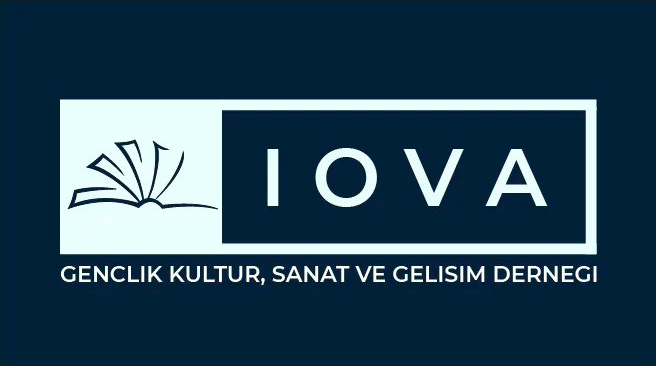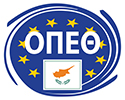|
As an immigrant in Europe, accessing professional development opportunities can significantly enhance your career prospects and integration into the workforce.
Look into local vocational training centres, universities, and professional associations that offer tailored courses and certifications aligned with industry standards.
Many countries provide apprenticeship programmes and on-the-job training, which can provide practical skills and valuable work experience. Attend networking events, job fairs, and career workshops to expand your professional network and learn about job opportunities.
Seek out mentorship programmes or career counselling services offered by immigrant support organisations or community centres to gain guidance and advice tailored to your needs.
Take advantage of language courses and cultural integration programs to improve communication skills and better understand the local business environment.
By actively participating in these initiatives, you can strengthen your qualifications, build confidence, and pave the way for a successful career in Europe.
A worth mentioning project is “Youth included” (link 1), a European initiative aimed at increasing the participation of young migrants in youth activities to foster integration and social inclusion. Implemented by organisations in Greece, Turkey, and Bulgaria, the project organised events, workshops, and developed practical tools for managing culturally diverse groups.
It identified barriers to participation and provided resources such as a guide for youth workers and a toolkit for immigrant communities. Funded by Erasmus , the project emphasises collaboration between youth and migrant organisations to enhance intercultural understanding and social cohesion.
For people seeking asylum career development is crucial, and the project “Future Horizons” of Interreg Europe helps these people to get the necessary preparation. "Future Horizons: Career and Life Skills for Young Immigrants" project aims to prepare young third-country nationals for the workforce and independent living in Europe. The project focuses on vocational training, life skills workshops, mentorship programme, job placement and career counselling. These activities are designed to enhance employability, self-reliance, and social integration, ensuring young immigrants develop strong professional and social networks. This comprehensive approach supports their transition to adulthood and successful integration into their new communities. For more details, visit link 2. |
1.Youth Included
https://migrant-integration.ec.europa.eu/integration-practice/youth-included-european-project-increase-migrants-participation-youth_en
2.Interreg Europe
https://www.interregeurope.eu/project-ideas/future-horizons-career-and-life-skills-for-young-immigrants
|







